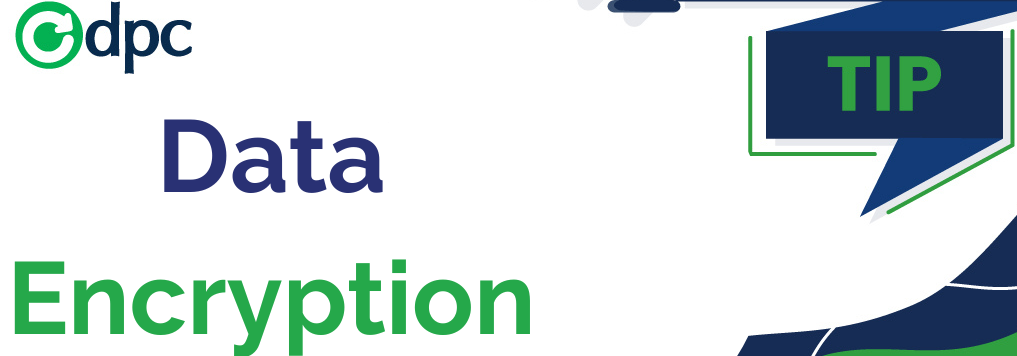Tech Tip: The Importance of Data Encryption in a Digital World
In today’s hyper-connected world, where data moves faster than ever and cyber threats lurk behind every digital interaction, data encryption is not just a security measure — it's a necessity. Whether you're a business owner protecting customer data or a casual user browsing online, understanding encryption is key to safeguarding your digital life.
What Is Data Encryption?
Data encryption is the process of converting information into a secure format that can only be read by someone with the right decryption key. In simple terms, it's like locking your data in a safe — only those with the correct combination can open it.
There are two main types:
- Symmetric encryption: One key is used to both encrypt and decrypt the data.
- Asymmetric encryption: Two keys are used — a public key for encryption and a private key for decryption (used in technologies like SSL/TLS and email security).
- Why Is Unencrypted Data a Risk?
Unencrypted data, often referred to as plaintext, is an easy target for cybercriminals. Once intercepted, it can expose:
- Personal and financial details
- Login credentials
- Business secrets
- Intellectual property
A single breach can result in reputational damage, legal liabilities, and financial loss. Remember, data breaches aren't just an IT problem — they're a business problem.
Why Your Business Should Care
For organizations of all sizes, encryption offers several key benefits:
1. Compliance with Regulations
Encryption helps meet standards like:
- HIPAA (for healthcare data)
- GDPR (for EU citizen data)
- PCI DSS (for payment card data)
Failure to encrypt sensitive data can lead to hefty fines and penalties.
2. Trust and Credibility
Customers are more likely to trust companies that protect their data. Encryption shows you're committed to security and privacy.
3. Mitigation Against Data Breaches
Even if data is stolen, encryption ensures it's useless without the decryption key — a critical barrier against identity theft and fraud.
Everyday Examples of Encryption in Action
- Messaging apps like WhatsApp use end-to-end encryption.
- Websites with HTTPS encrypt data between your browser and the server.
- Cloud storage services encrypt files to prevent unauthorized access.
And behind the scenes, your VPN, password manager, and mobile device are likely encrypting data to keep it safe.
Getting Started: Encryption Tips for Users & Businesses
For Individuals:
- Use messaging apps with end-to-end encryption.
- Always connect to secure websites (look for HTTPS).
- Enable device encryption on your phone and laptop.
- Use strong, unique passwords (with a password manager).
For Businesses:
- Encrypt customer databases and backups.
- Use encrypted email for sensitive communications.
- Train employees on handling encrypted data.
- Choose vendors who prioritize encryption in their platforms.
Final Thoughts
In a world where data is currency, encryption is your digital vault. It’s not just about protecting against hackers — it’s about ensuring privacy, maintaining trust, and staying ahead of regulatory demands.
Don’t wait for a breach to take action. Start encrypting today.
If you are interested in hiring us to manage your IT infrastructure, please reach out to us here.

